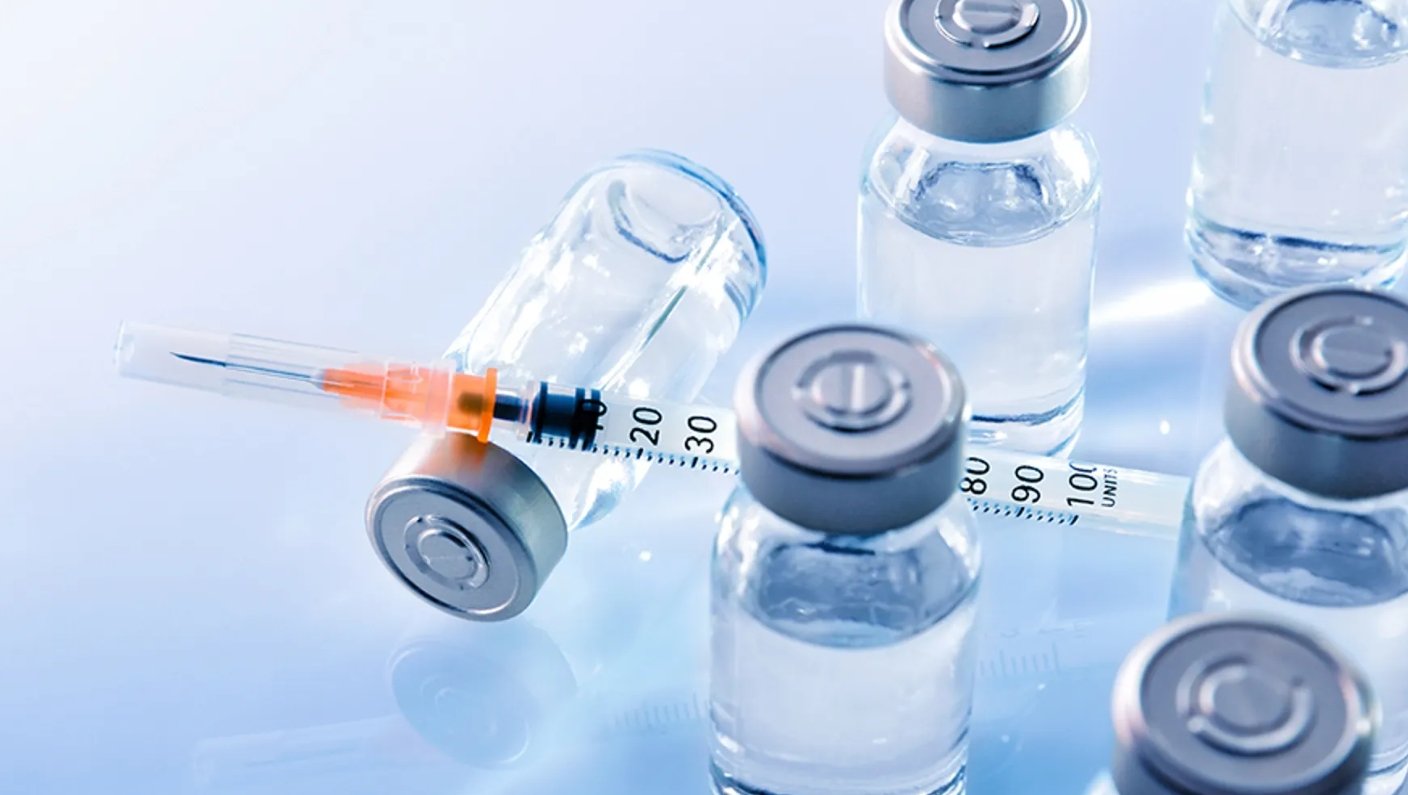
image credit- shutterstock
A team of researchers from Yong Loo Lin School of Medicine, National University of Singapore (NUS Medicine) and China's Tsinghua University has unveiled a new messenger ribonucleic acid (mRNA) vaccine technology that could make future vaccines safer, more effective, and less burdensome for patients.
Published in Nature Materials, the new approach uses albumin-recruiting lipid nanoparticles, called Evans Blue-modified lipid nanoparticles (EB-LNP), to deliver mRNA precisely to lymph nodes, which are immune system “command centres”, while bypassing the liver, a common site of toxicity for current vaccines. In laboratory tests, the technique outperformed traditional delivery systems in both cancer treatment and viral infection protection, including against melanoma, HPV-related cancers, H1N1 influenza, and Omicron SARS-CoV-2 variants.
The team synthesised a special Evans Blue-modified lipid (EB-lipid) that binds tightly to albumin. When injected intramuscularly, EB-LNPs recruit albumin to their surface, which naturally guides them to lymph nodes instead of the liver. This design avoids systemic circulation, limiting liver exposure and potential toxicity.
Even at lower doses, EB-LNP vaccines produced strong antitumor T-cell responses and high levels of neutralising antibodies. No liver inflammation or toxic responses were observed—even after repeated injections. Unlike traditional PEG-LNPs, EB-LNPs did not trigger strong anti-drug antibodies.
Going forward, the research team is preparing to advance to clinical trials to ensure human safety and efficacy, expand use cases to other diseases, such as autoimmune conditions and lymphatic cancers, and collaborate with the industry to scale manufacturing and accelerate vaccine development.




